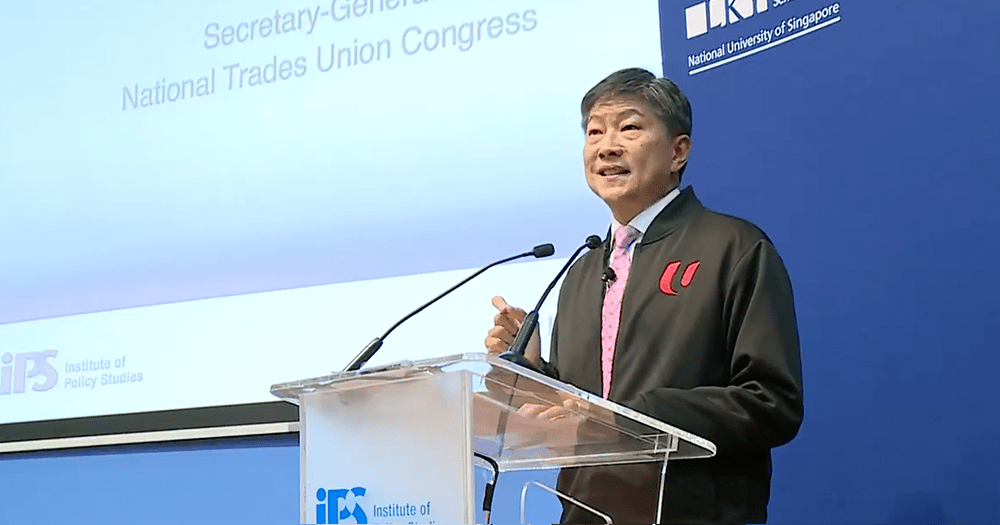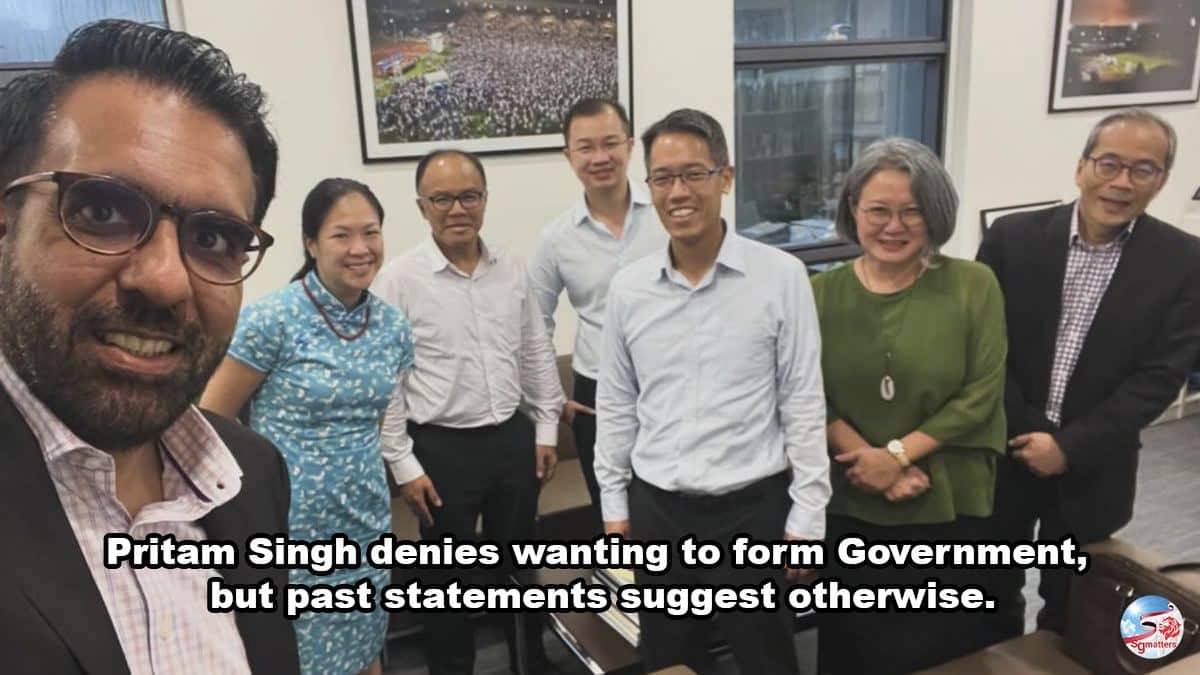In recent months we see multiple strikes across different working groups in different parts of the world. While we can pride Singapore’s industrial peace to good labour management relations, what we must realise is that the peace we now enjoy must not be taken for granted. Increasing unequal world conditions such as unequal income and wealth distribution, socio-political tension across different societies and tremendous technological advancements threatens industrial peace. Hence, it is instrumental that the labour movement continue to nurture tripartism and work out a win-win collaborative strategy to safeguard the interest of workers so that economic and productivity growth will not be put at risk.
Championing interests of workers across the full spectrum of the workforce
1. Uplifting Lower-wage Workers (LWW)
Apart from providing an immediate better pay for Lower-wage workers, the Progressive Wage Model (PWM) initiated by NTUC has an in-built skills ladder to increase workers’ productivity with upgrading of skills. Companies can benefit from this in terms sustained productivity growth when wage increases are pegged to productivity gains. There is greater buy-in from employers, benefitting both employers and employees in the long run. Better businesses for companies and better work prospects for workers from new skills unlocked.
2. Ensuring Retirement Adequacy of Senior Workers
Re-employment and retirement ages will be raised to 70 and 65 respectively, providing more time for senior workers to plan for retirement adequacy. NTUC provided an additional boost to help with the planning by successfully negotiating an adjustment of CPF rates by 2.5 – 9% upwards, to ease the financial worries of our senior workers when retiring.
3. Level Playing Field for our Professionals, Managers and Executives (PMES)
NTUC will also work with the Government, Singapore National Employers Federation (SNEF) and Institute for Human Resource Professionals (IHRP) to improve HR standards in the companies to enhance workplace fairness for our local PMEs. NTUC is also continuing its calls for unemployment support to help PMEs and workers bounce back when they meet with hard times.
4. Providing Security to our Platform and Freelance Workers
Mandating CPF contributions by platform companies and platform workers will aid platform workers in their longer-term financial planning for housing needs and retirement planning. Additionally, providing adequate workplace injury assurance and formal representation for freelance and platform workers to ensure sufficient financial protection when faced with a work injury and fair treatment when working a contract.
Proactively partnering companies to transform businesses and the workforce
While technological advancement presents many opportunities, it also comes with its fair share of challenges. It is not unknown that technological advancement displaces jobs but if companies are willing to transform their businesses and workforce, their businesses can take flight in a new direction and more jobs can be retained through a job redesign. Mr Ng shared that setting up Company Training Committees (CTCs) with employer partners enables business and workforce transformation to happen. Marrying the interests of employers and workers, CTCs institutionalises training to match training and upskilling to business outcomes, driving productivity for the benefit of better businesses, and better worker outcomes.
Fostering a “Just” transition as Singapore moves into a greener future economy
Green economies are all the hype now. However, it becomes a struggle for some companies in some sectors as they must undergo great transformation with some jobs being replaced or made obsolete as they move into a low carbon future. This is a common issue globally with some preparing for potential Industrial Action to fight against the liberalisation and greening of the economies.
For companies in or foresee themselves to be in such a dilemma, they can work on job redesign or new job creation to minimise the workers from being displaced. If all else fails and workers were to be released, Mr Ng shared that “NTUC can work together with management for a fair retrenchment package, and useful job matching, either intro-industry or reskilled into other industries.” Essentially, it is to achieve a win-win situation amidst challenging conditions so that no workers are left behind while the interest of the business are still protected.
Mr Ng also implores us to look into the wiser spaces of economic transformation. He shared that NTUC is working closely with Temasek Portfolio Companies (TPC) to bring good conceptual ideas to the ground by designing actionable plans that can be easily comprehended by workers and union leaders so we can collectively move towards the future of work in the larger economic transformation.
No workers left behind
To ensure no worker gets left behind, companies should stay on course by investing in workers through training and productivity initiatives while workers should continue to upskill themselves to stay relevant. Workers are also invited to share their views, fears and aspirations in the #EveryWorkerMatters Conversations by NTUC.





